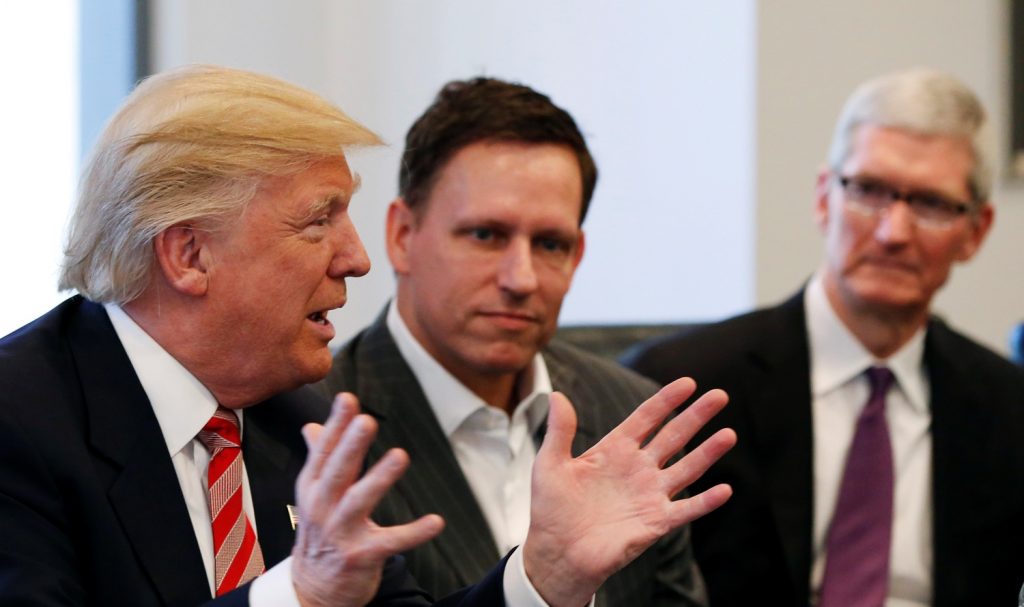Major tech companies including Facebook, Microsoft, Google, Uber and Apple have declined to take a part in creating Muslim registry proposed and promised by Donald Trump administration.
Why is this registry in the news?
The Muslim registry was proposed by Donald Trump during his 2016 presidential campaign. He proposed banning Muslims from coming into the United States and maintaining a list of Muslims living in the country to keep a tab on their activities.
After winning the elections held on 8th November, it is expected that Donald Trump will go ahead with his promises and start working on isolation of Muslims across the world.
Facebook’s initial reluctance
The focus on tech companies about this issue came after a correspondence between Facebook employees was leaked and published by BuzzFeed. The email compared any statement regarding the building of a Muslim registry to a publicity stunt and suggested Facebook’s PR strategy should be to remain silent. This received wide criticism from all around the tech industry and forced other companies to release statements preempting any similar controversy.
Why tech companies’ cooperation is important?
Companies like Google, Facebook, Uber etc. have huge stakes in this whole process. Without obtaining user data from these companies, it will remain a very difficult task for Trump administration to monitor and record activities of millions of Muslims across the US.
Statements by these companies
After the initial debacle of the leaked email, Facebook has since released a firm statement saying it will not, in any way, help Trump administration create a Muslim registry.
Microsoft PR head Frank X. Shaw also refused taking any part in this database of Muslims and said:
“We oppose discrimination and we wouldn’t do any work to build a registry of Muslim Americans.”
A Google spokesperson issued a statement saying:
“In relation to the hypothetical of whether we would ever help build a ‘muslim registry’ — we haven’t been asked, of course, we wouldn’t do this and we are glad — from all that we’ve read — that the proposal doesn’t seem to be on the table.”
Uber responded with a simple and straight “no” when queried about participating in a Muslim registry.
What this means for future of Muslims in the US
The stance taken by these companies will go a long way in helping Muslim families living in the United States feel a little bit more secure about their future. Maybe this will also be enough to thwart Donald Trump administration from its plans regarding Muslim community.





 Vine app to be rebranded as Vine Camera
Vine app to be rebranded as Vine Camera